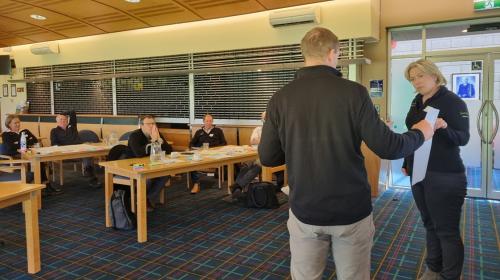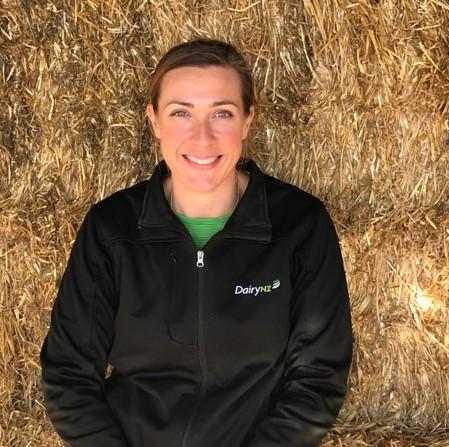Search results
Displaying 421 - 430 results of 1104
- NewsImproving lamb survival rates is a key focus for New Zealand farmers, especially this time of year. To address this, Beef + Lamb New Zealand (B+LNZ) recently held a workshop led by Dr Mhairi …

- Factsheetadvancing internal parasite management research strategy insights from lnz led pan sector workshops wellington 14 september 2023 parasite management increasing prevalence drench resistance some …
- Other PDF0800 beeflamb 0800 233 352 wwwbeeflambnzcom farmers farmers use antimicrobials new zealand sheep beef farming 1 beef lamb new zealand lnz believes disease prevention through good biosecurity animal …
- VideoFor more information on winter grazing follow this link . …
- News… to involving farmers in our responses to the annual meeting remits and the issues they raised. … to farmer concerns raised during the recent annual meeting remits process. …

- PageAgricultural and horticultural land occupy more than 40% of New Zealand, meaning there is significant pressure on farmers to manage the effects of their land use on water quality – and that includes …
- Industry data… limitation farmer expectations lambs meeting appropriate weights lamb processing … limitation farmer expectations lambs meeting appropriate weights lamb processing …
- News… is not fixed, it will undermine New Zealand meeting its emissions reduction targets … time that there is a place for forestry in meeting New Zealand’s climate change … could be a win-win and go some way towards meeting New Zealand’s climate change …

- News… for the Government to start reporting on both annual emissions and annual additional warming, to build …

- Factsheetwwwbeeflambnzcom 0800 beef lamb 0800 233 352 farmers farmers project initiated hill country farmers have used deferred grazing more than decade could see benefits both deferred pastures rest farm …
